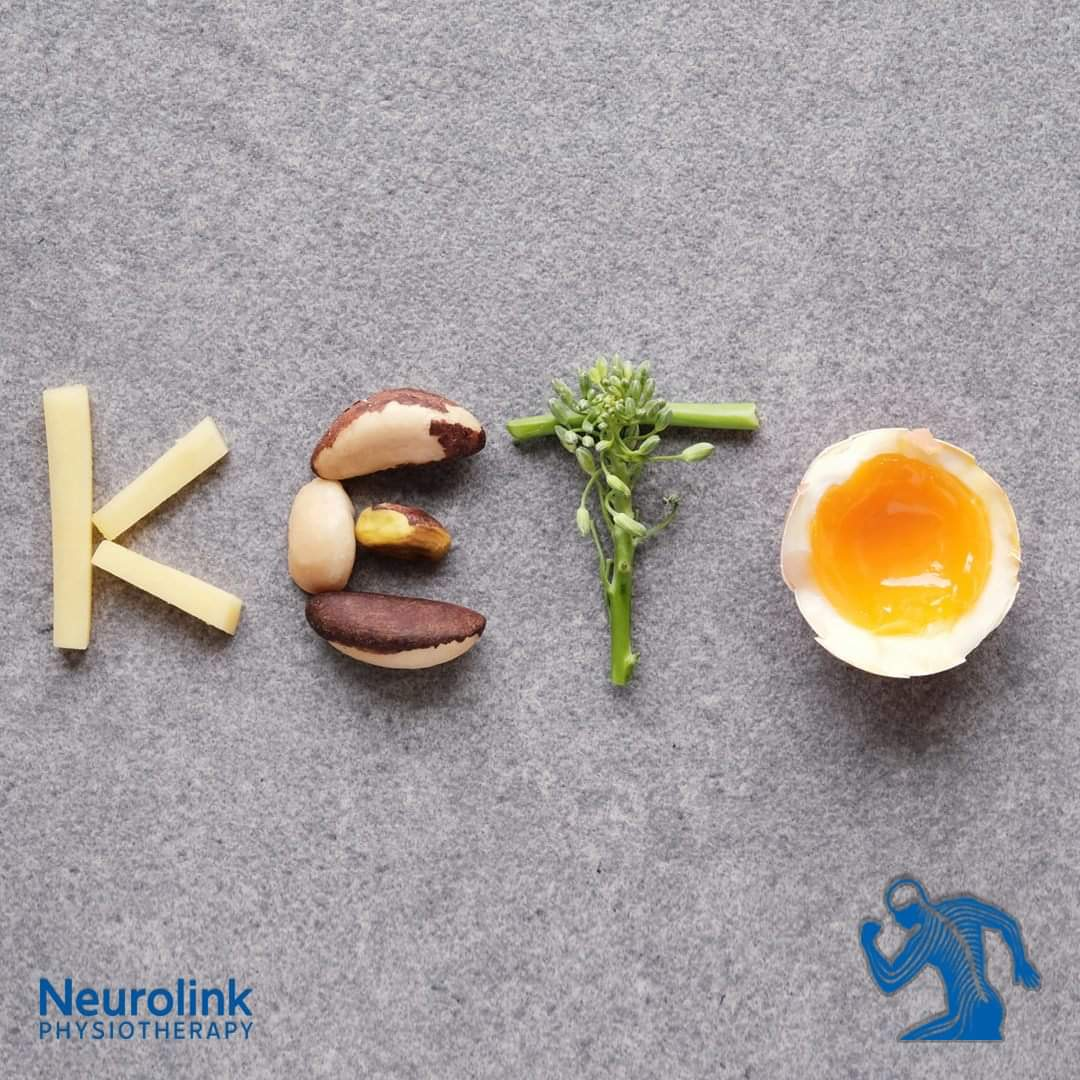Tired Of being tired...... I know this concept of fatigue will relate to so many of my clients with multiple sclerosis, stroke clients and head injury clients.
I remember the days when I woke up tired and barely had enough energy to get myself through a day at work. In the beginning, I would just plough through and figure out later how I could cope further and only thinking about the next 6-8 hours. But very quickly, I realised that this thinking was not going to support me with my work to show up for my clients in the way I wanted to.
I have read and continue to read so many books but the one that really helped was learning that I had Adrenal fatigue and learning about what makes this work and what makes this better.
Some of the strategies I used to manage my energy levels when I was experiencing Adrenal fatigue were :
1. Sleep, which I very quickly saw as my friend. Sometimes, sleeping 8-10 hours when needed when my adrenals were really depleted. If I was tired, I went to sleep earlier.

2. Listening to my body daily and continuously during the day to find out what I needed to do to nurture my body
3. Figure out what drained my energy reserves more and what supported and maintained them
4. Changing my diet to more paleo type diet and looking out for how different foods affected my body i.e. Did it give me more energy or did it make me feel more tired

5. Working with herbal supplements to boost energy and feed my adrenals
6. Using acupuncture to boost and rebalance my kidney meridian etc.
7. Using reflexology when needed

8. Listening to my body and it's needs: learning to listen to how I felt and making sure I learnt to put my needs first over others. This one was the hardest of all
9. Looking for physical signs of adrenal fatigue: Learning to read the physical signs of when my Adrenals were being drained ahead of full-blown Adrenal fatigue
10. Learning to ask for help and support from others around meI didn't have to do everything myself
11. Explaining to others how you feel and why: Explaining to my family, friends and team how I felt. Sharing with others when it was a good day and when it was a slow day and verbalising that I may need more help.
So many of these strategies can be applied to fatigue management following a neurological impairment like Multiple Sclerosis, Stroke and or Head Injury. But one size doesn't fit all and thus it's about trying different strategies and assess over time which works for each of us.
Ps: If you have not signed up for my free 5-day arm or leg mobility challenge or 3 -day wheelchair shoulder mobility challenge and would like to do so now, click on the link below and sign up to do it at a time of your choosing.




